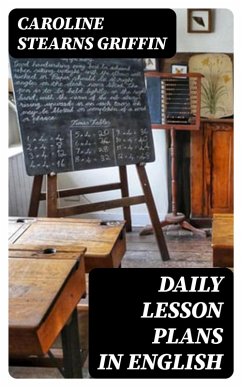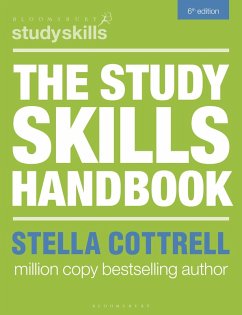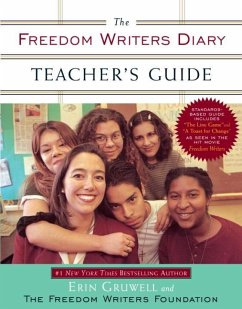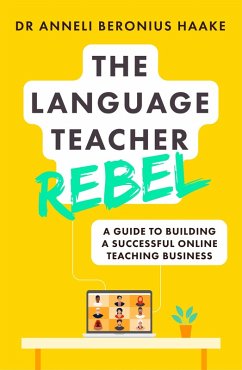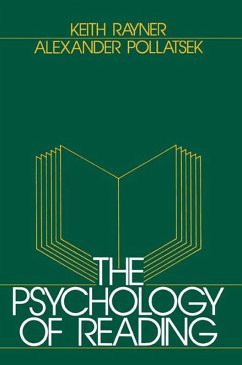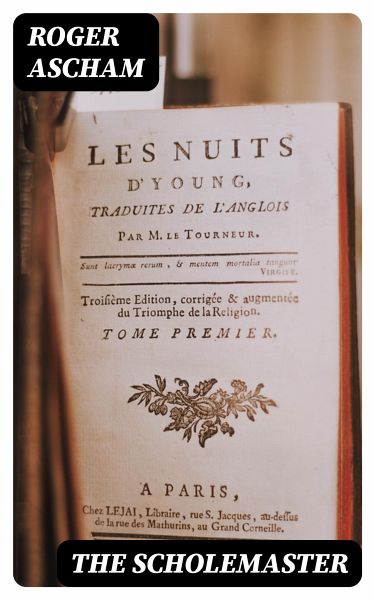
The Scholemaster (eBook, ePUB)

PAYBACK Punkte
0 °P sammeln!
In "The Scholemaster," Roger Ascham presents a profound treatise on education and pedagogy, intricately weaving the philosophical underpinnings of humanistic learning with practical instructional methods. Grounded in Renaissance thought, Ascham's literary style is marked by clarity, wit, and a conversational tone that invites readers into a dialogue about the nature and purpose of education. He champions a well-rounded curriculum that not only emphasizes classical languages, particularly Latin and Greek, but also nurtures virtue and moral character in students, reflecting the humanist belief i...
In "The Scholemaster," Roger Ascham presents a profound treatise on education and pedagogy, intricately weaving the philosophical underpinnings of humanistic learning with practical instructional methods. Grounded in Renaissance thought, Ascham's literary style is marked by clarity, wit, and a conversational tone that invites readers into a dialogue about the nature and purpose of education. He champions a well-rounded curriculum that not only emphasizes classical languages, particularly Latin and Greek, but also nurtures virtue and moral character in students, reflecting the humanist belief in the cultivation of the individual. The book serves as both a guide for teachers and a manifesto for a more thoughtful approach to learning, encapsulating an era in which education was viewed as a means to civic engagement and personal growth. Roger Ascham was not only an esteemed scholar and educator of his time, but he also served as a tutor to notable figures, including Queen Elizabeth I. His experiences in the court and his deep engagement with classical texts undoubtedly shaped his insights into the educational landscape of the 16th century. Ascham observed firsthand the challenges of teaching in an era dominated by rote memorization, prompting him to advocate for an educational philosophy that emphasized understanding and a love of learning. For anyone interested in the history of education or the philosophical foundations of teaching, "The Scholemaster" stands as a vital text. Its relevance transcends time, offering timeless principles applicable in contemporary educational discourse. Ascham's blend of theory and practice makes this work essential for teachers, scholars, and anyone with an interest in the transformative power of education.
Dieser Download kann aus rechtlichen Gründen nur mit Rechnungsadresse in A, B, BG, CY, CZ, D, DK, EW, E, FIN, F, GR, H, IRL, I, LT, L, LR, M, NL, PL, P, R, S, SLO, SK ausgeliefert werden.






